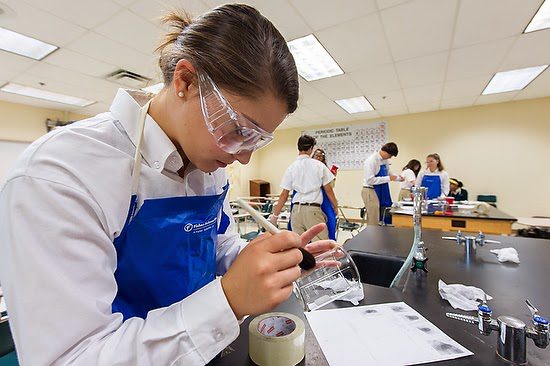Nikon D4, 14-24mm, ISO 1600, ƒ/6.3, 1/100
You may know about I.Q. [Intelligence Quotient] and E.Q. [Emotional Quotient], but there is a third C.Q. [Curiosity Quotient] that also plays into our success. I argue that the most important of these three for the entrepreneur and storyteller is C.Q.
C.Q. is the ultimate tool for producing simple solutions to complex problems. Curiosity is what a journalist does when they investigate a story and then distill it down to those digestible nuggets by their audience.
Albert Einstein famously said, “I have no special talents. I am only passionately curious.”
“People with high C.Q. are more curious and open to new experiences. They find novelty exciting and are quickly bored with routine. As a result, they tend to generate many more original ideas and are counter-conformists,” says Dr. Tomas Chamorro-Premuzic. He is an international authority in personality profiling and psychometric testing.
Last year, Thomas Friedman wrote an Op-Ed piece in the New York Times called It’s P.Q. and C.Q., as Well as I.Q. Friedman says, “…the skill required for every decent job is rising as is the necessity of lifelong learning… those with more P.Q. (passion quotient) and C.Q. (curiosity quotient) to leverage all the new digital tools not just to find a job, but to invent one or reinvent one, and not just to learn but to relearn for a lifetime.”
Did you know that for every job opening, three people are unemployed? When finding your dream job, this isn’t the best news for job seekers. However, this does present an opportunity: to create a job that doesn’t exist yet.
Seeing opportunity is a new way of thinking for those entering the job market today. Curiosity should lead the way all storytellers think. They must think about pitching ideas rather than waiting for editors to give them an assignment.
Amy Toensing has been a regular contributor to National Geographic magazine for over a decade and was one of the keynote speakers for the Atlanta Photojournalism Seminar just a couple of weeks ago.
Listen to her in this interview:
Getting out of your comfort zone is what those with high C.Q. motivate daily. For example, Toensing shared how her curiosity about the artists who drew hieroglyphics on the rocks in Australia thousands of years ago had piqued her interest. So she started to ask questions, which led to a lifelong journey of a story about the Aborigines for National Geographic Magazine.
My mentor, Don Rutledge, talked about how photographers must approach their work like a child, asking, “Why is the sky blue?”
We are all born with curiosity. Curiosity causes us to use our senses to touch, smell, and explore the world. Unfortunately, sometimes adults discourage this curiosity. But without interest, there is little motivation to discover and explore. As a result, apathy can set in for us, and we can become depressed.
Curiosity is the key to learning. Curiosity also involves risk-taking.
If you find yourself in depression and apathy, maybe the key is rekindling your curiosity. So take some risks today, explore your world, and ask why.


